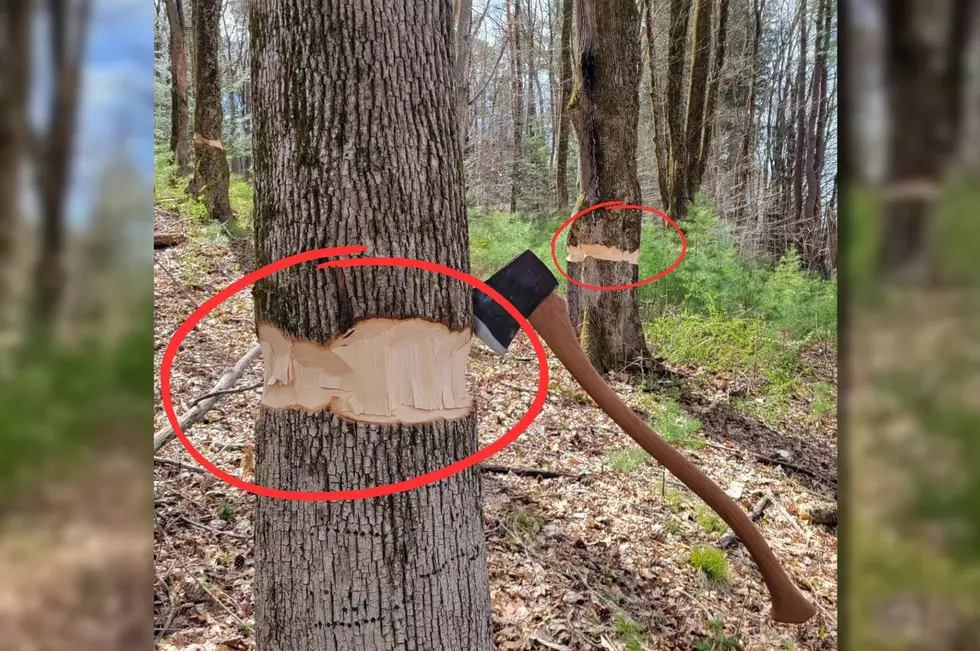
Was a Loose Tiger Actually Spotted Roaming in This New York County?
Over the weekend, posts went viral that a tiger got loose from captivity in Suffolk County, New York. Many residents have been concerned with the thought of a tiger possibly showing up in their backyards.
New Yorkers went into a frenzy sharing the information and making their concerns known in the comment sections. Conversations have spread to the Hudson Valley, where residents have also shared their two cents.
New Yorkers Concerned About Alleged Escaped Tiger
The posts read,
A private owner's tiger that was loose in the New York area was spotted near Avalon Park in Suffolk County March,12 around 3:46pm by a fisherman who captured these photos before fleeing to safety. Suffolk county game warden Jordan McDickwistle is asking anyone in the immediate area to fish with caution and to report any sightings.The number for the wardens emergency office is (631) 960-7178 As of March, 13 2024 it has not been spotted or apprehended.
If you read that blurb of text quickly, you probably missed the name of the Suffolk County Game Warden, "Jordan McDickwistle." That should be your first clue that this is fake.
Secondly, take a look at the phone number given. You have to give the number credit, a "631" number is typically a Suffolk County, NY number. If you Google it; though, that number ranks on the list of funny phone numbers to give out as a prank. If you call (631) 960-7178, it tells you your breath stinks. That prank number is up there with the Rejection Hotline and the RickRoll Hotline.
Suffolk Tiger Prank is a Perfect Example of "Copypasta"
This latest social media prank is an example of "copypasta." A copypasta is a block of text copied and pasted to the Internet and social media. Copypasta containing controversial ideas or lengthy rants are often posted for humorous purposes, to provoke reactions from those unaware that the posted text is a meme.
It goes to show you that YOU CAN'T BELIEVE EVERYTHING YOU SEE ON THE INTERNET! Even though the stereotype has been that older generations are typically tricked by misinformation online, a study done by The University of Cambridge that Gen Z and Millennials are more likely to fall for fake news than older people. Those who consumed social media as their primary source of news fared worse than those who used legacy sources.
[brandedappromo]
However, a 2019 study conducted by researchers at NYU and Princeton found American Facebook users aged 65 and older shared nearly seven times as many articles from fake news websites than those aged 18-29. Overall, Americans are said to be able to identify a headline as either real or fake only 65% of the time.
Where To Find Best Fish Tacos in the Hudson Valley (2024)
Gallery Credit: Conor Walsh
The Hudson Valley's Most Popular Saint Patrick's Day Traditions
Gallery Credit: Conor Walsh
"WWII War Hero" Can Be Found at Hudson Valley Regional Airport
Gallery Credit: Conor Walsh
More From WRRV-WRRB









